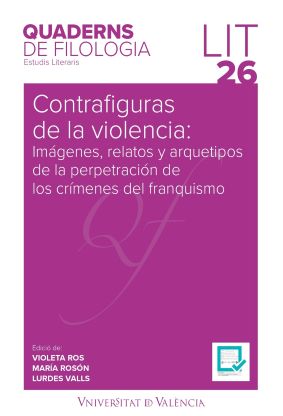What do Perpetrators do when they speak? Methodological Contributions based on a Research about Repressors’ Public Statements (Argentina, 1976-2018)
DOI:
https://doi.org/10.7203/qdfed.26.22107Keywords:
perpetrators, statements, methodology, dictatorship, Argentina. Abstract
Abstract
The analysis of perpetrators’ statements implies specific epistemological and theoretical challenges. This article aims to provide some conceptual and methodological keys based on a comprehensive review of an extensive research carried out collectively on the statements of Argentine perpetrators who spoke publicly between 1976 and 2018. We focus on three substantive aspects: first, how the figure of perpetrator is socially constructed and how it becomes an object of study in social sciences; second, representational, performative and “truthful” dimensionsof perpetrators words; and third, the temporal frames of these discourses in orderto pay attention to the ways in which they are socially produced, demanded and listened to in various contexts. The theoretical-methodological approach developed here seeks to avoid descriptive, essentialist and naturalizing perspectives, and try to address different aspects of this
phenomenon as sociologically relational, historically multitemporal and ethically dilemmatic.
 Downloads
Downloads
Downloads
Published
How to Cite
-
Abstract1327
-
PDF (Español)743
Issue
Section
License
 Este obra está bajo una licencia de Creative Commons Reconocimiento-NoComercial-SinObraDerivada 4.0 Internacional.
Este obra está bajo una licencia de Creative Commons Reconocimiento-NoComercial-SinObraDerivada 4.0 Internacional.
Authors who publish with this journal agree to the following terms:
- Authors retain copyright and grant the journal right of first publication with the work simultaneously licensed under a Creative Commons Attribution License that allows others to share the work with an acknowledgement of the work's authorship and initial publication in this journal.
- Authors are able to enter into separate, additional contractual arrangements for the non-exclusive distribution of the journal's published version of the work (e.g., post it to an institutional repository or publish it in a book), with an acknowledgement of its initial publication in this journal.
- Authors are permitted and encouraged to post their work online (e.g., in institutional repositories or on their website) prior to and during the submission process, as it can lead to productive exchanges, as well as earlier and greater citation of published work (See The Effect of Open Access).



